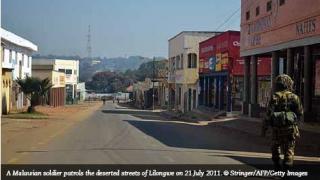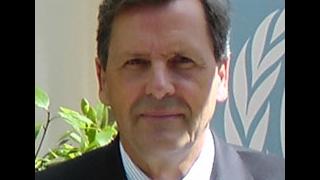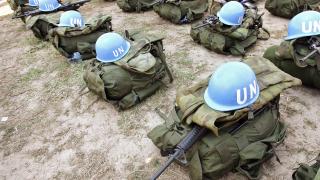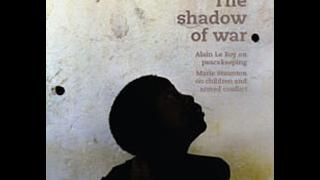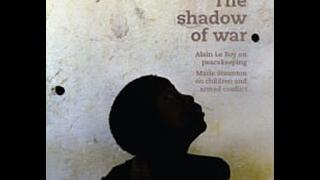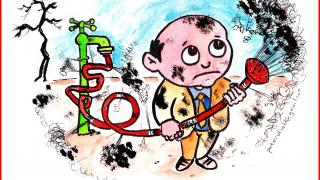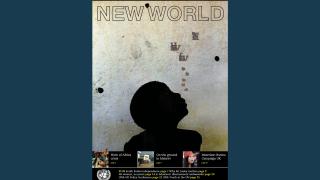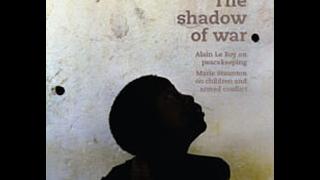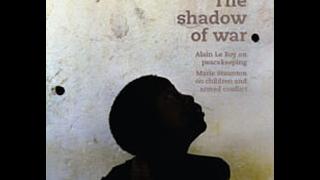
It has been three years since the world recognised that it was facing a serious global financial and economic crisis. Since then, we have heard a lot about its effects on the world economy but not much on its broader effects on international security threats. While the nature of these threats might not be new, what is new is the context they have been given by the crisis.
As the economic difficulties swept through the world, we saw many nations rising against their long-time leaders, dissatisfied with their handling of the crisis. Some nations succeeded, some have yet to achieve the freedom of shaping their own future. Whether or not they are going to be successful in the long run depends on their ability to live with, and their preparedness for, potential new challenges.
History teaches us that when inexperienced democracies are suddenly left alone, without the ability to lift their people out of poverty, they can become a seedbed for violence and terrorism. It is the Western world's responsibility that those to whom we brought the promise of democracy do not turn away from it to seek more dangerous principles out of disappointment. In terms of international security, an even bigger threat arises if such countries acquire or build weapons of mass destruction.
The financial challenges these states face increase the danger of their weapons getting into wrong hands, not to mention the potential instability stemming from the decision to dedicate precious resources to the development of these weapons while their citizens live in poverty. If such a situation occurs, we can only hope that it will never reach a level of distress that forces their leaders to take dangerous decisions.
The sense of security is in transformation in old, developed democracies as well. People's dissatisfaction with their governments can contribute to the weakening of a long-established economic and political community. There is also the possibility that disadvantaged groups that were living on the edge even before the crisis, seeing their situation worsen as a result of it, could direct their anger towards the state or majority communities. Pre-existing ethnic tensions can also be fuelled as a result, in turn sparking xenophobia. The growing support in Europe for right-wing extremist groups, even far-right nationalist parliamentary parties, is an example of this trend.
The security dimensions of economic crises - a threat that has only recently been spoken of in this way - has yet to make it to the agenda of the UN Security Council. But another threat, one that also relates to decreasing resources, has, namely the effects of climate change and resource scarcity on international security. Several studies suggest that the consequences of climate change, like extreme weather events, could lead to resource scarcity, leaving people destitute and forcing them to move, or resource competition, generating conflict over resource-rich areas. This could result in mass displacement, suffering and even civil or cross-border conflict.
We are living in a new world order created by recent events in history. The effects of phenomena like the economic slowdown or climate change cannot be overstated; we feel their impact in many aspects of our lives. Let's not overlook them in international security.
Katalin Tarjan is a member of the UNA-UK Young Professionals Network


